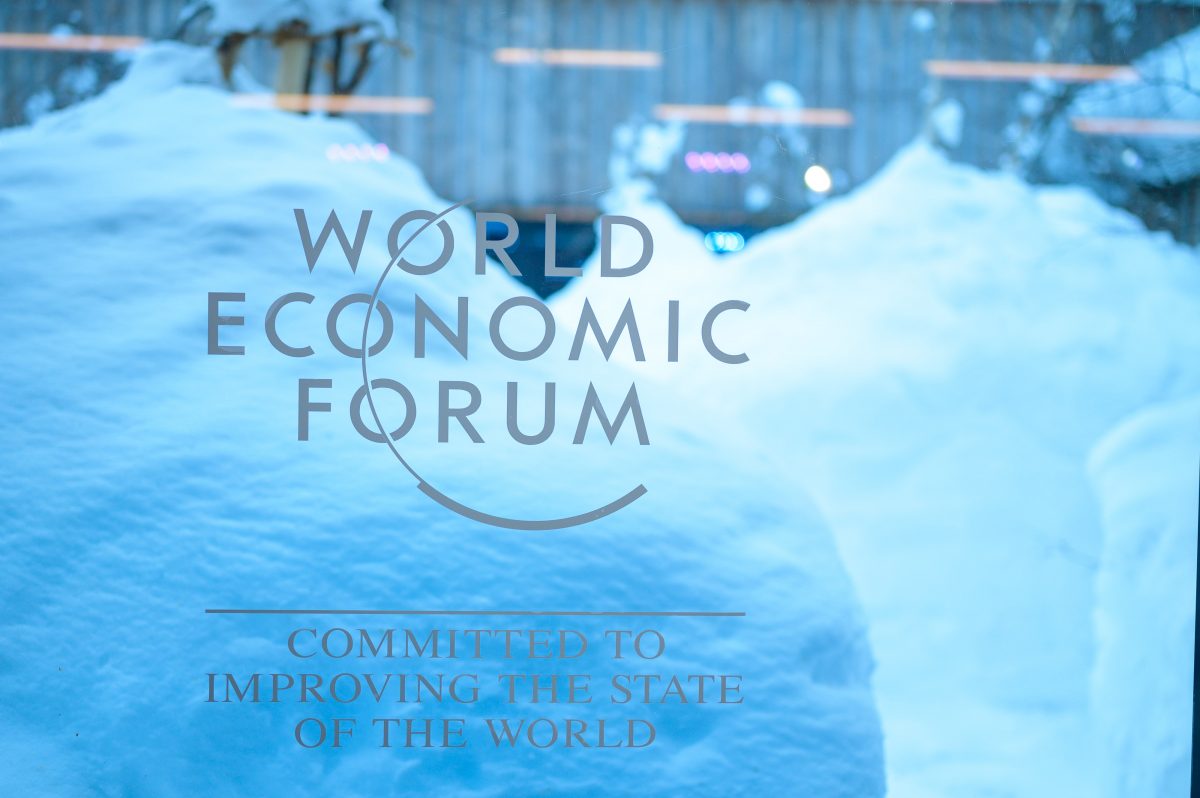According to a WEF’s recent study on the Gulf Cooperation Council (GCC) region’s economic diversification, three main pillars have been identified to boost the Gulf’s economies: diversification, knowledge-based economy, and financial support. Three of the World Economic Forum’s Partners in the GCC, Qatar, Saudi Arabia, and Oman, gave their insights on what industrial development shall translate into, both on a national level and across the GCC.
Qatar – Abdulaziz Al-Khalifa, the CEO of Qatar Development Bank (QDB), INSME member, confirms that the key for the industrial development lies on SMEs, thus he insists on providing them access to training, finance, and markets. As an example, Factory One, a model factory recently launched, has the mission to train the next generation of manufacturers in optimising operations and digital transformation. Abdulaziz Al-Khalifa also points out the importance to learn from past failures and the need for a mindset shift which sees decision makers supporting SMEs; the latter would mean creating an enabling environment for SMEs together with strengthening the reach of private capital in research and development activities and commercial markets.
Saudi Arabia – Al-Mojel, the CEO of the Saudi Industrial Development Fund (SIDF), emphasizes the importance of preserving a large market and to make best use of it by building manufacturing capacity to better meet export challenges.
Oman – Abdulrahman Al-Hatmi, the CEO of Oman’s national logistics company ASYAD, targets another aspect: the logistics by taking advantage of the geographic location of Oman. He suggests it is important to include the use of the most recent communication standards and protocols as well as the latest technologies for shipment and transportation.
It is evident that the effort is not only put into the campaign for industrialisation across the GCC, but also into the identification of best practices in support of it. Those require correct strategies that need to be defined, together with new processes, technologies, logistics, training and financial support.
More information available at the following page.
Source: INSME Secretariat


